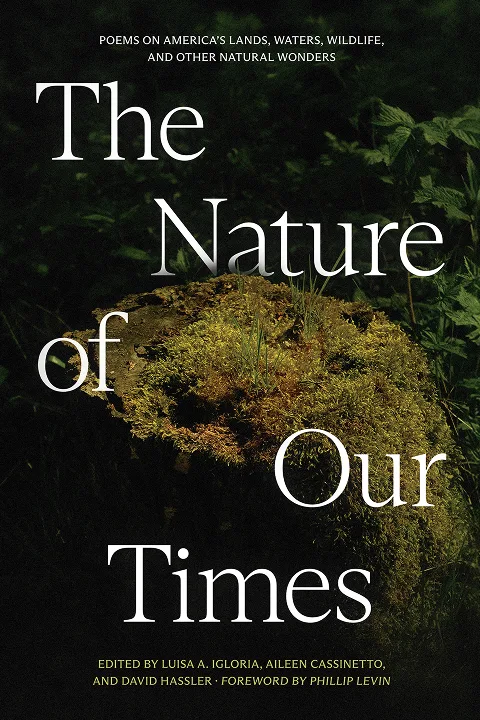ALEC in Plunderland
ALEC in Plunderland
The verdict in the Trayvon Martin case brought with it another volley of criticism of the American Legislative Exchange Council (ALEC), the right’s now not-so-secret legislative workshop. Coming on the heels of the Supreme Court’s rebuke of the Voting Rights Act, the Martin case offered a tragic—and very human—reminder of the damage being done in state legislatures around the country.
ALEC is often portrayed as a sort of Tea Party think tank, but is roots run much deeper than the 2010 midterms or the post-Citizens United orgy of corporate influence in politics. In 1971, future Supreme Court Justice Lewis Powell first sketched out the organizational and ideological dimensions of the ALEC agenda in a now infamous memorandum to friends at the American Chamber of Commerce. Powell offered a withering account of business weakness in the face of threats from the media, college campuses, and the courts. And, in response, the business community built an impressive infrastructure—highlighted by the emergence of a new generation of conservative think tanks (Cato, the American Enterprise Institute), conservative jurisprudence (now well-entrenched in federal courts), and conservative media (Fox News, talk radio).
As conservatives regrouped in the early 1970s, they recognized both the importance and the vulnerability of state and local politics. Social conservatives began pushing their agenda on school boards and city councils. And business conservatives took aim at state legislatures. In September 1973, conservative activist Paul Weyrich and others launched ALEC—and began a push to eviscerate state budgets, public services, voter rights, labor laws, consumer protections, and environmental regulations. Early ALEC activists included some familiar names: Tommy Thompson of Wisconsin, John Engler of Michigan, Terry Branstad of Iowa, and John Kasich of Ohio.
ALEC’s primary goal is to act as a clearinghouse for model legislation, working with corporate lobbyists to craft the legislative language, and to push the bills out to state legislatures. Its work (exhaustively catalogued at the Center For Media and Democracy’s ALEC Exposed project) runs the gamut of state legislative responsibility but can be grouped into three broad areas.
First and foremost are the wide array of bills designed to cut business costs. These include those that undermine workers’ rights (the map below summarizes these bills for 2013 alone), consumer protections, environmental regulations, and citizen access to the courts.
A second area of interest (underscored and emboldened by the voting rights decision) is represented by bills that are intended to dismantle democracy—by curbing voter rights, throwing up new obstacles to the franchise, and removing the last vestiges of public financing or oversight of elections. This is both a short game and long game: such initiatives make it more likely that ALEC-friendly candidates will win election, and they make it much harder to undo the damage down the road.
The third area of ALEC’s activism is essentially mercenary—a willingness to draft and push any legislation that has supporters with deep pockets. The infamous “stand your ground” laws, for example, have little connection to the broader push to increase business influence and undermine democratic capacity. But money alone (in this case from the NRA and the nation’s largest gun retailers) will get you an ALEC task force and a pipeline of model bills. ALEC’s ability and willingness to turn corporate fantasy into legislative reality is also evident in its push for prison and school privatization.
How did the states become laboratories of plutocracy? In some respects, this is the historical logic of American federalism: segregationists, bottom-feeding business interests, and other legal and political vigilantes have always sought refuge behind “state’s rights.” And the diversity of state interests and histories has always encouraged some to start a race-to-the bottom—on everything from labor rights to corporate charters.
ALEC’s agenda is enabled by the weakness of federal standards. States are much more constrained now than they have been in the past. A combination of federal programs (think Social Security) and legal standards (think civil rights) have significantly raised the floor. But it’s a shaky floor, suggested by the considerable effort—on everything from the Affordable Care Act to unemployment insurance—by ALEC-addled state legislators to escape or undermine basic federal standards. If federal programs set a stronger foundation, states would only have the option (and incentive) to offer more.
ALEC’s agenda is encouraged by persistent state and regional differences in personal income and fiscal capacity. Poorer states find it harder to fund their share of federal programs. They are more desperate and craven in their pursuit of new business investment. And they are more likely to buy into ALEC’s misguided calculus that only weaker labor and regulatory standards can deliver economic growth. If higher programmatic standards were accompanied by a more judicious fiscal federalism, poorer states might see a way forward that didn’t involve impoverishing their politics even further.
Such a progressive federalism is the ongoing project of a number of groups, including the Progressive States Network, the Center for State Innovation, and the Progressive Majority. And the legislative innovation and infrastructure is provided by the American Legislative and Issue Campaign Exchange, or ALICE.
The coy nomenclature (think of ALICE as ALEC’s cool, overachieving cousin) is intentional. And the goals are similar—to identify, refine, and disseminate model legislation to state and local governments. But there the similarities end. The ALICE library is crowd-sourced by advocates, legislators, law students, and citizens. And the ALICE agenda—which promotes economic security, open and effective democracy, and environmental sustainability—turns that of ALEC on its head.
Colin Gordon is a professor of history at the University of Iowa. He writes widely on the history of American public policy and is the author, most recently, of Growing Apart: A Political History of American Inequality, published by the Institute for Policy Studies at www.inequality.org






